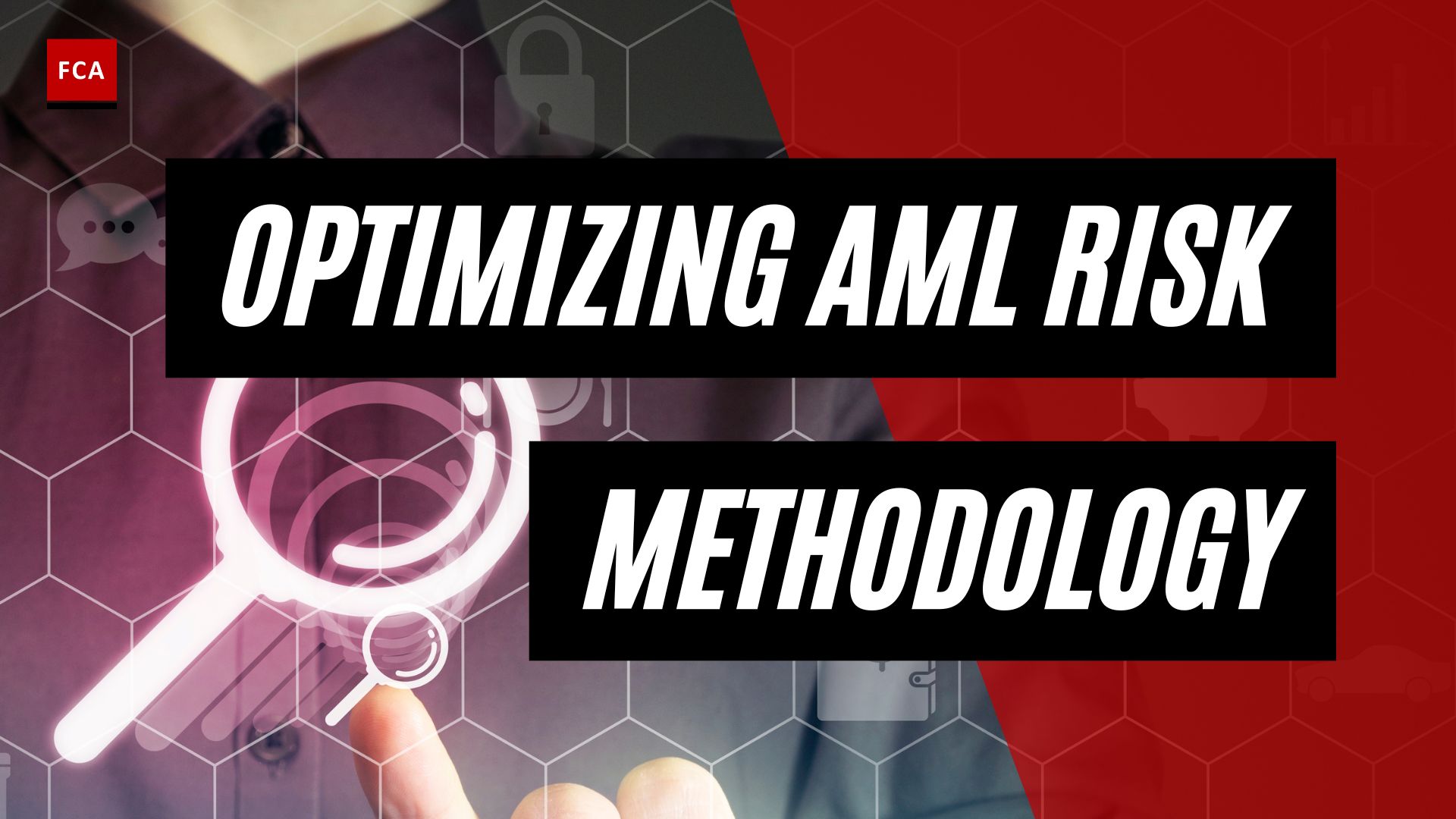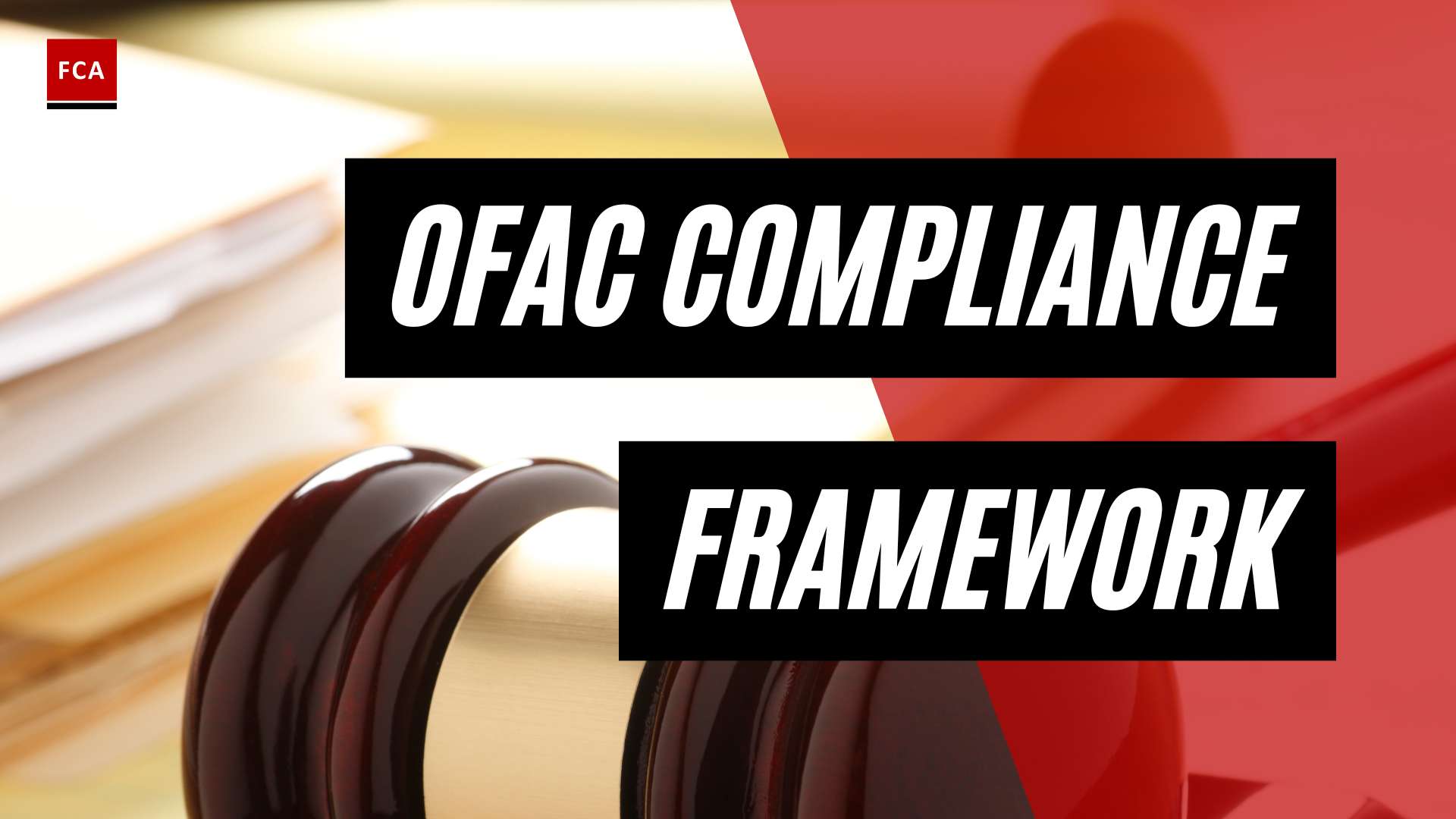AML Training and Certifications
When it comes to combating money laundering and ensuring compliance with anti-money laundering (AML) regulations, proper training and certifications play a crucial role. AML training provides professionals with the knowledge and skills necessary to detect, prevent, and report suspicious activities effectively. Additionally, earning recognized AML certifications demonstrates a commitment to upholding the highest standards of AML compliance.
Importance of AML Training
AML training is of paramount importance for professionals working in compliance, risk management, anti-money laundering, and anti-financial crime roles. It enhances their understanding of AML regulations, industry best practices, and the latest trends in financial crime. By staying informed and up to date with AML training, professionals can effectively identify and mitigate potential risks related to money laundering.
Moreover, AML training helps organizations fulfill their legal and regulatory obligations. Financial institutions, in particular, are required by law to provide AML training to their employees to ensure compliance with AML regulations. A well-trained workforce is essential for safeguarding the integrity of the financial system and protecting against illicit financial activities.
Recognized AML Certifications
Certifications in the field of AML are widely recognized and respected by financial institutions, governments, and regulators worldwide. One of the most esteemed certifications is the Certified Anti-Money Laundering Professional (CAMP) credential offered by the Financial Crime Academy (FCA).
The CAMP certification covers essential topics such as AML compliance programs, risk management, customer due diligence, and more. It equips professionals with the necessary skills to detect and prevent money laundering activities effectively. Earning the CAMP certification demonstrates a commitment to enhancing AML knowledge and skills, as well as advancing the fight against financial crime globally.
Apart from the CAMP certification, there are other recognized AML certifications available, such as the Certified Anti-Financial Crime Professional (CFCP) and Certified Audi and Investigations Professional offered by the Financial Crime Academy (FCA). These certifications provide professionals with specialized knowledge in AML compliance and enable them to stay ahead in the ever-evolving landscape of financial crime prevention.
By pursuing AML training and earning recognized certifications, professionals can enhance their expertise, credibility, and career prospects in the field of AML compliance. These certifications serve as a testament to their commitment to maintaining the highest standards of AML compliance and contributing to the fight against financial crime.
To explore AML training programs and certifications further, you can visit the website of Financial Crime Academy (FCA). They offer comprehensive study options, resources, and guidance to help professionals prepare for and attain their desired AML certifications.
CAMP Certification
The Certified Anti-Money Laundering Professional (CAMP) certification is widely recognized as the gold standard in AML certifications globally. It is highly regarded by financial institutions, governments, and regulators worldwide, making it a valuable credential for professionals working in compliance, risk management, anti-money laundering, and anti-financial crime.
Overview of CAMP Certification
Offered by the Financial Crime Academy (FCA), the CAMP certification provides professionals with advanced training in AML. The CAMP certification covers essential topics such as AML compliance programs, risk management, customer due diligence, and more. By gaining in-depth knowledge in these areas, professionals can effectively detect and prevent money laundering activities.
Benefits of CAMP Certification
Earning the CAMP certification offers numerous benefits for professionals in the AML field. It demonstrates a commitment to enhancing AML knowledge and skills, as well as advancing the fight against financial crime globally. Some key benefits of CAMP certification include:
- Enhanced professional credibility: The CAMP designation showcases expertise and dedication to AML compliance, boosting professional credibility among colleagues, employers, and clients.
- Career advancement opportunities: The CAMP certification can open doors to new career opportunities and promotions within the AML field, as many employers highly value this credential.
- Global recognition: Being globally recognized, the CAMP certification can provide professionals with international opportunities and increased marketability worldwide.
- Networking and professional development: CAMP-certified professionals gain access to a vast network of like-minded individuals, allowing for valuable connections and ongoing professional development.
AML Foundations Certificate
Professionals venturing into the field of anti-money laundering (AML) can benefit from obtaining the AML Foundations certificate. This program, offered by Financial Crime Academy (FCA), provides essential training and knowledge in AML for individuals who are new to the field or seeking to refresh their foundational knowledge.
Introduction to AML Foundations
The AML Foundations certificate program is designed to equip professionals with a solid understanding of AML principles, regulations, and best practices. It covers key topics such as money laundering techniques, regulatory frameworks, risk assessments, and compliance measures. This comprehensive training provides a strong foundation for individuals working in compliance, risk management, AML, and anti-financial crime roles.
Program Structure and Duration
The AML Foundations certificate course is self-paced, allowing professionals to balance their work commitments while completing the program. The course have the flexibility to progress at their own pace (FCA). This structure enables professionals to tailor their learning experience to their specific needs and availability.
Completion and Certification
Upon successful completion of the AML Foundations program, participants will receive a certificate recognizing their achievement. This certificate serves as evidence of the individual’s commitment to professional development in the field of AML.
To successfully complete the AML Foundations course, participants are required to achieve a minimum passing score of 70% on the final exam. This assessment evaluates their understanding of the concepts covered throughout the program and ensures a thorough grasp of AML fundamentals.
Taking the AML Foundations certificate course can be a valuable step for professionals seeking to enhance their knowledge and competence in AML. It provides them with a recognized credential while equipping them with the necessary skills to navigate the complex landscape of AML compliance. To explore other AML training options and advance your expertise in the field, consider the AML training programs available, including industry-specific training, training for personal bankers, and training for certified public accountants.
Other AML Training Programs
In addition to the renowned CAMP certification, there are several other AML training programs available that cater to specific industries and professional roles. These programs offer specialized knowledge and skills necessary for combating money laundering and financial crimes effectively.
Industry-Specific AML Training
Certain industries, such as banking, insurance, and securities, require specialized AML training to address the unique challenges they face. These industry-specific training programs provide professionals with the knowledge and tools needed to navigate the specific AML regulations and compliance requirements within their respective sectors. By focusing on industry-specific scenarios and case studies, participants gain practical insights that can be immediately applied in their roles.
AML Training for Personal Bankers
Personal bankers play a crucial role in identifying and mitigating money laundering risks within financial institutions. Recognizing the importance of their role, specific AML training programs are designed to equip personal bankers with the necessary knowledge and skills to effectively detect and prevent money laundering activities.
These training programs cover topics such as customer due diligence, transaction monitoring, suspicious activity reporting, and understanding the red flags associated with money laundering. By completing AML training, personal bankers can contribute to maintaining the integrity of the financial system and protecting their institutions from potential risks.
Considerations for AML Training
When it comes to AML (Anti-Money Laundering) training, there are several important considerations to keep in mind. These considerations include continuing education requirements, AML training for supervisory authorities, and the AML training application process.
AML Training Application Process
To apply for AML training programs, individuals should consult the specific training provider’s website or contact their designated representative for detailed application instructions.
By considering these important aspects of AML training, professionals can ensure they meet continuing education requirements, gain specialized knowledge for supervisory roles, and navigate the application process effectively. Investing in AML training is essential for building the necessary skills and knowledge to combat money laundering and protect the integrity of the financial system.
Building a Career in AML
For professionals seeking to establish a career in anti-money laundering (AML), there are numerous opportunities in this rapidly growing field. The demand for AML specialists, including Certified Public Accountants (CPAs), is on the rise, particularly in Canada where the federal government has updated its regime and established a pan-Canadian registry of beneficial ownership (CPA Canada). This section will explore the growing demand for AML specialists, the advantages of CPAs in AML, and the available career opportunities in the field.
Growing Demand for AML Specialists
As financial crimes continue to evolve and regulations become more stringent, the need for AML specialists has grown exponentially. Accounting firms, financial service institutions, government agencies, private companies, and fintech companies are among the main employers seeking AML specialists. The Proceeds of Crime (Money Laundering) and Terrorist Financing Act (PCMLTFA) in Canada has led to increased job opportunities in the AML sector.
Advantages of CPAs in AML
CPAs are well-positioned to excel in the AML field due to the rigorous training they undergo. The courses taken during CPA training provide them with a competitive advantage in the AML sector (CPA Canada). Their familiarity with financial systems, cash flow, IT systems, strategic planning, performance measures, control measures, and regulations makes it easier for CPAs to acquire additional AML training and stand out in the field. The combination of their accounting expertise and AML knowledge positions CPAs for success.
Career Opportunities in AML
A career in AML offers a wide range of opportunities for professionals with diverse backgrounds and skill sets. CPAs can find roles in investigative positions within banks, consulting and advisory roles in accounting and consulting firms, or leadership and transformation roles in financial services, technology companies, or consulting industries (CPA Canada). The scope of work can include strategy development, policy interpretation, system implementation, and leveraging automation or artificial intelligence to enhance detection. CPAs can contribute their financial acumen, analytical skills, and knowledge of regulatory compliance to combat financial crimes effectively.
To excel in the AML field, individuals should possess qualities such as creativity, adaptability, vigilance, curiosity, good judgment, strong communication skills, ethics, and professional skepticism. A strong sense of ethics and a drive to make a difference in combating financial crimes are crucial. Networking, mentoring, and a commitment to ongoing learning are also valuable aspects within the AML field, demonstrating passion and dedication to addressing social issues (CPA Canada).
To embark on a career as an AML specialist after obtaining the CPA designation, professionals can pursue additional training through organizations such as the Financial Crime Academy (FCA). Specializing further by pursuing certificates in areas such as cryptocurrencies, human trafficking, animal trafficking, gaming and casinos, cybercrime, or terrorism is also recommended to enhance expertise in specific fields.
Building a successful career in AML requires a combination of technical knowledge, ethical conduct, and a commitment to ongoing learning. By taking advantage of the growing demand for AML specialists, leveraging the advantages of being a CPA, and exploring the various career opportunities available, professionals can thrive in this rewarding field.








